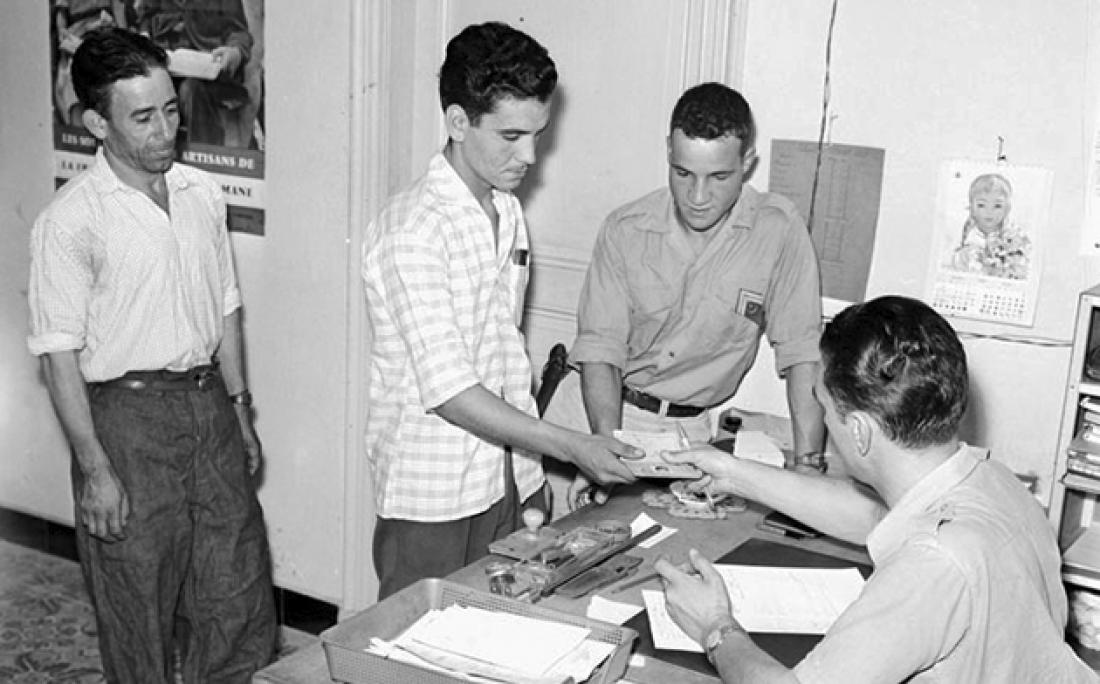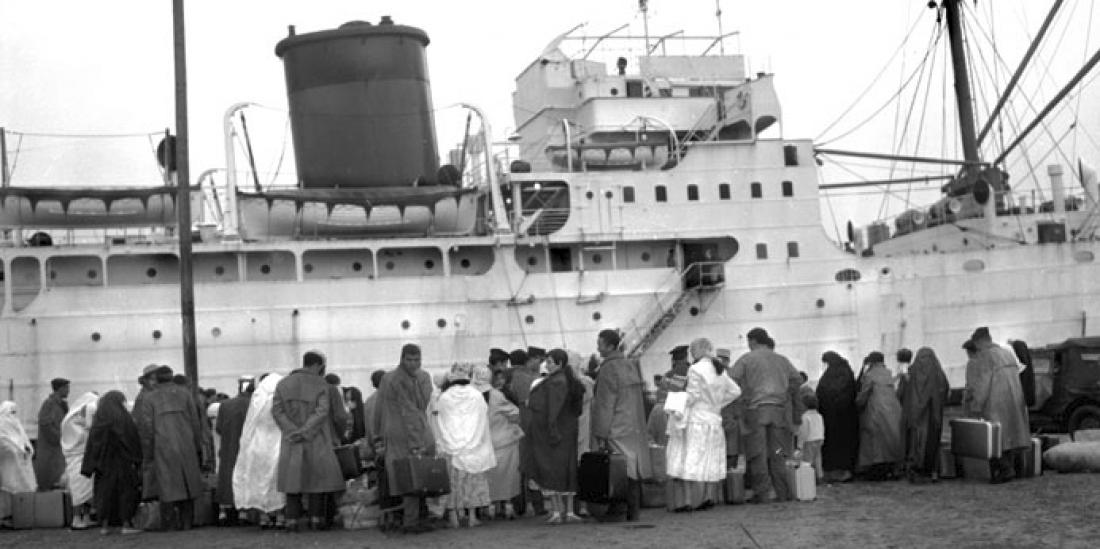The colonised soldiers of the French Empire

From the colonial wars of the 19th century to the end of the wars of decolonisation in the middle of the 20th, the army progressively institutionalised the recruitment of men among the populations over which France was establishing, then consolidating, then finally seeking to preserve its dominion. Those men, recruited using different methods depending on the period and place, fought under the tricolour flag in both the world wars, across the French Empire and Europe alike. From the mid-19th to the mid-20th century, the French army can thus be considered an imperial and colonial army.



